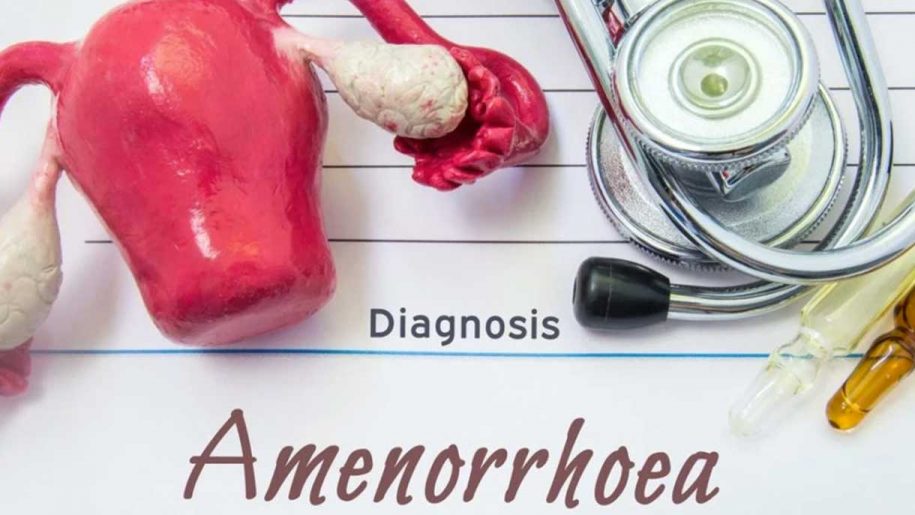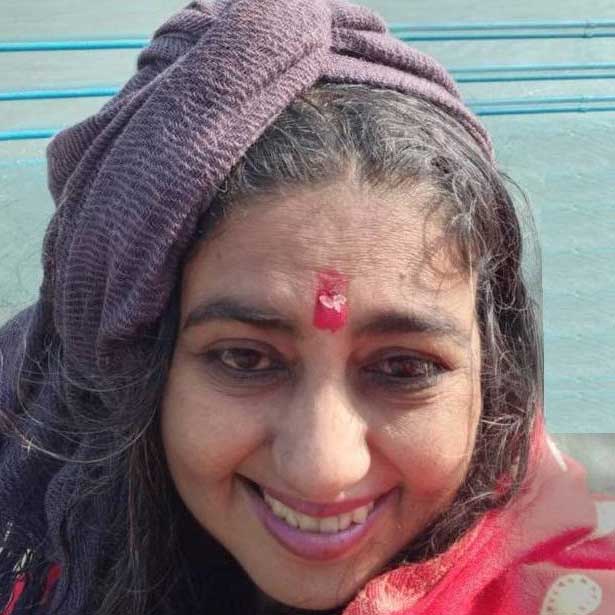Amenorrhea from an Ayurveda Perspective
Amenorrhea, also known as Anartava in Ayurveda, is the absence of menstruation. It is becoming increasingly common these days.
Anartava not only affects fertility in women but can lead to a whole host of other mind-body related diseases.
Anartava can be considered normal before puberty, after menopause, during pregnancy and lactation.
According to Charaka Samhita, an ancient Sanskrit text on Ayurveda, the primary cause of anartava is the aggravation of the air element within the body. a woman would never suffer from a gynaecological disease except due to aggravated Vayu.
There may be secondary imbalances of pitta and kapha which contribute to the condition but vata needs to be addressed first.
Some possible causes Anarthava:
- Eating cold, light and dry foods.
- Regular consumption and excessive intake of food that generates gas during digestion (e.g. cabbage, broccoli, cauliflower, potatoes, beans, lettuce, mushrooms, parsley, peas, yeast-based products and some pulses
- Regular consumption of stale and fermented foods
- Erratic lifestyle
- Anxiety and psycho-emotional issues
- Excessive exercise and physical activity
- Excessive talking
- Excessive mental activity
- Excessive or improper sexual activity
- Use of tampons and contraceptives
Anartava cannot generally be treated by changes in diet and lifestyle alone but it is important to make these changes anyhow.Ayurveda medicines and Ayurveda treatments, in most cases, need to be added to the treatment plan.
If anartava is left untreated, it may lead to other diseases as the release of monthly blood helps in detoxifying the body. When this does not happen the blood will become toxic thereby leading to a whole host of other diseases.
Treatment for Anartava is individualised. We have to look at the in-depth pathogenesis to treat. We have a variety of herbal medicines, specialised treatments, yoga therapy for this condition as well as a specialised diet and lifestyle coaching. There is no one blanket treatment for everyone.


